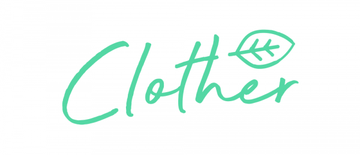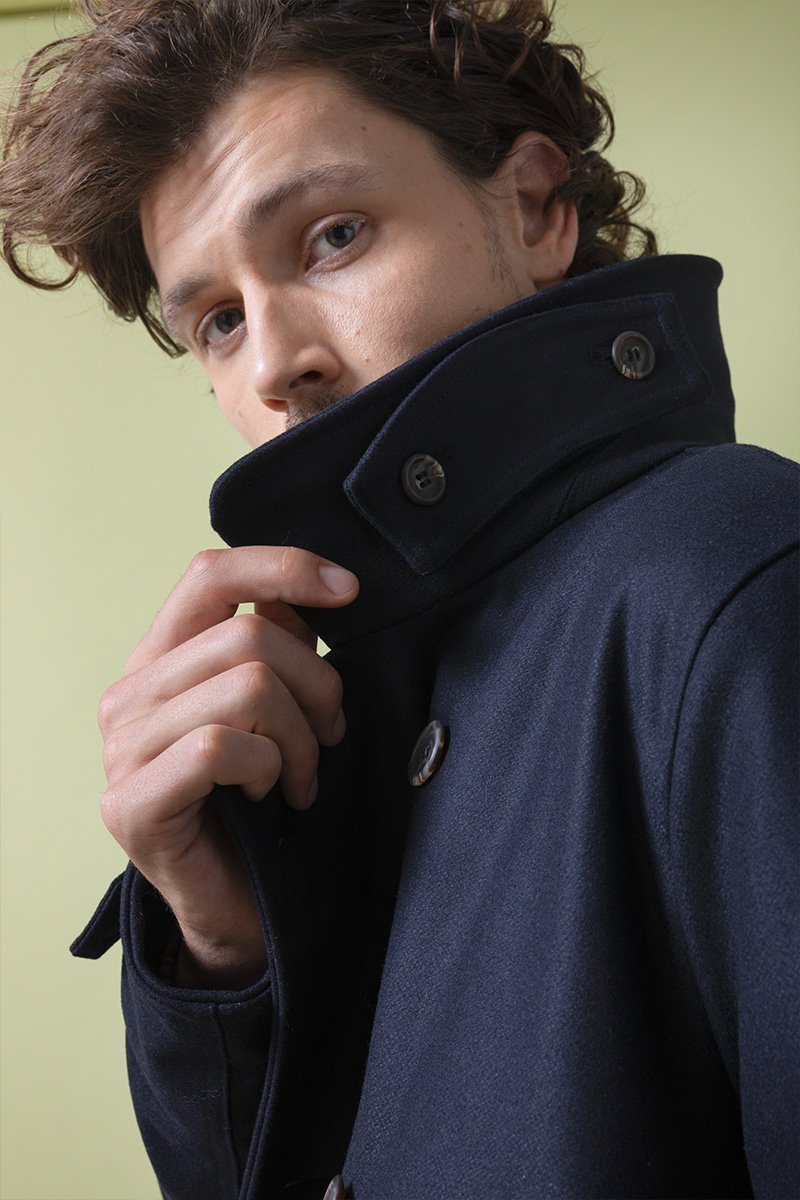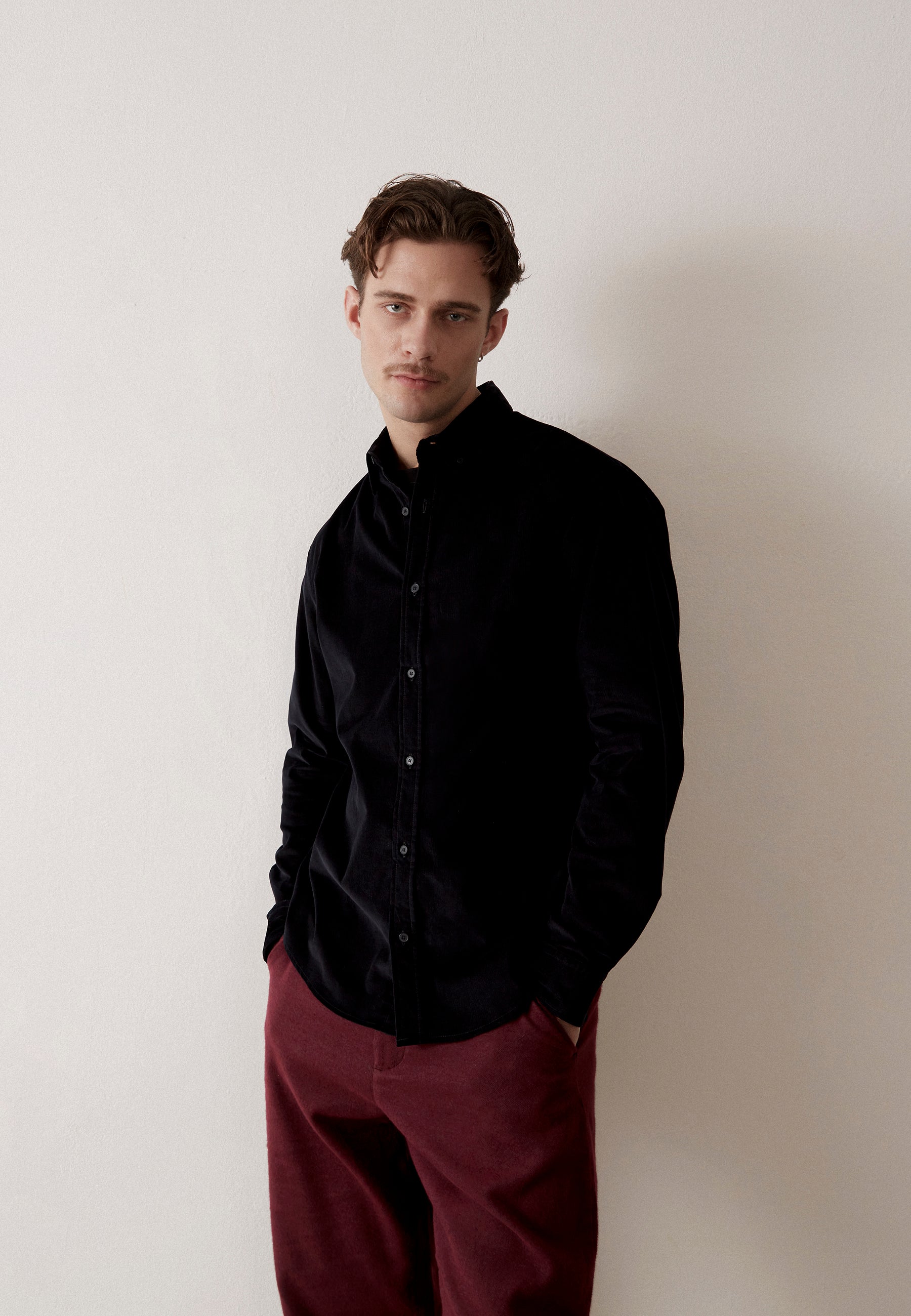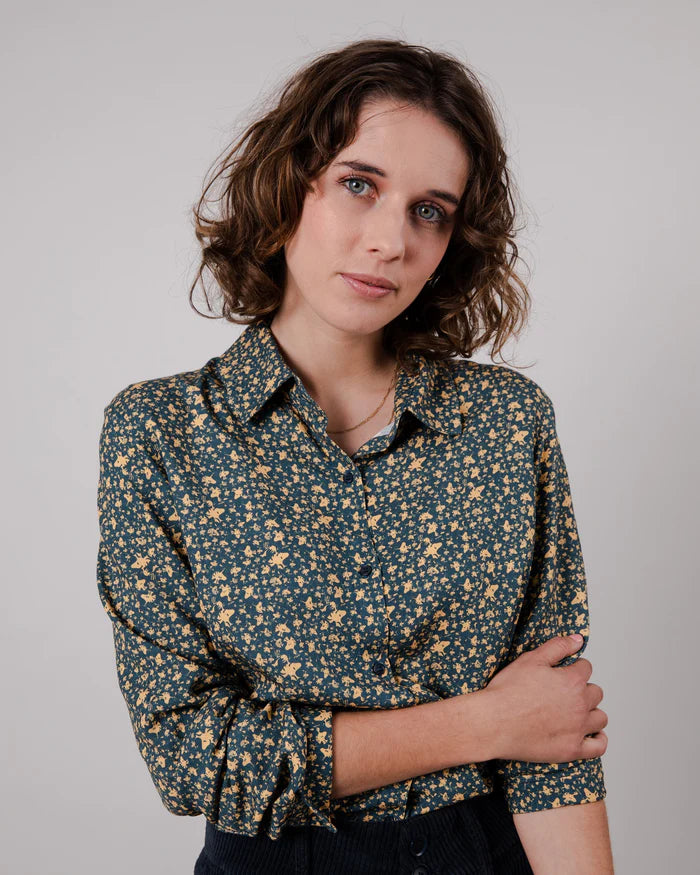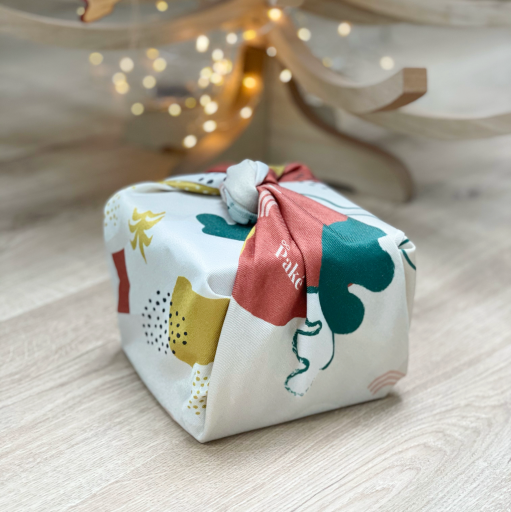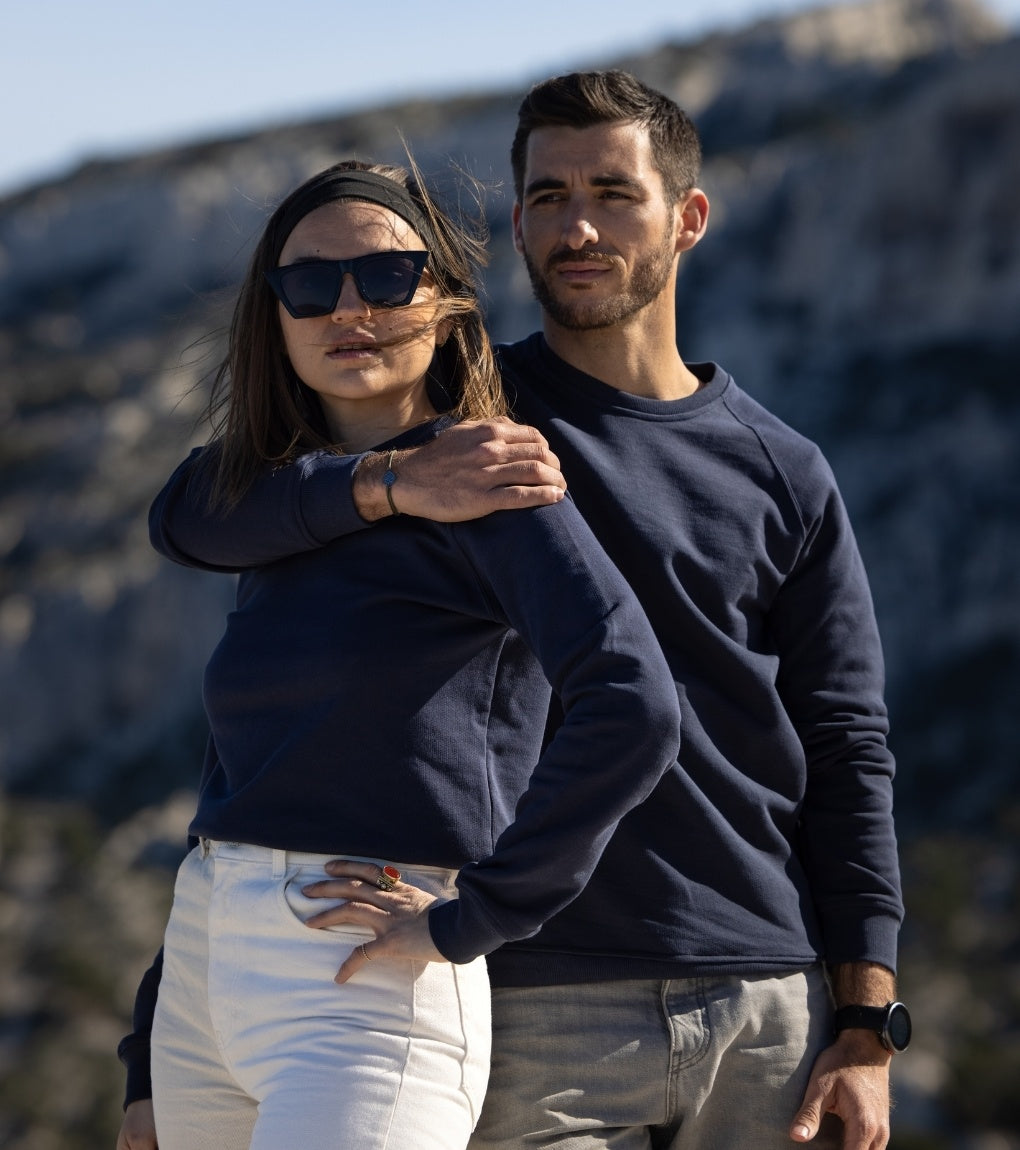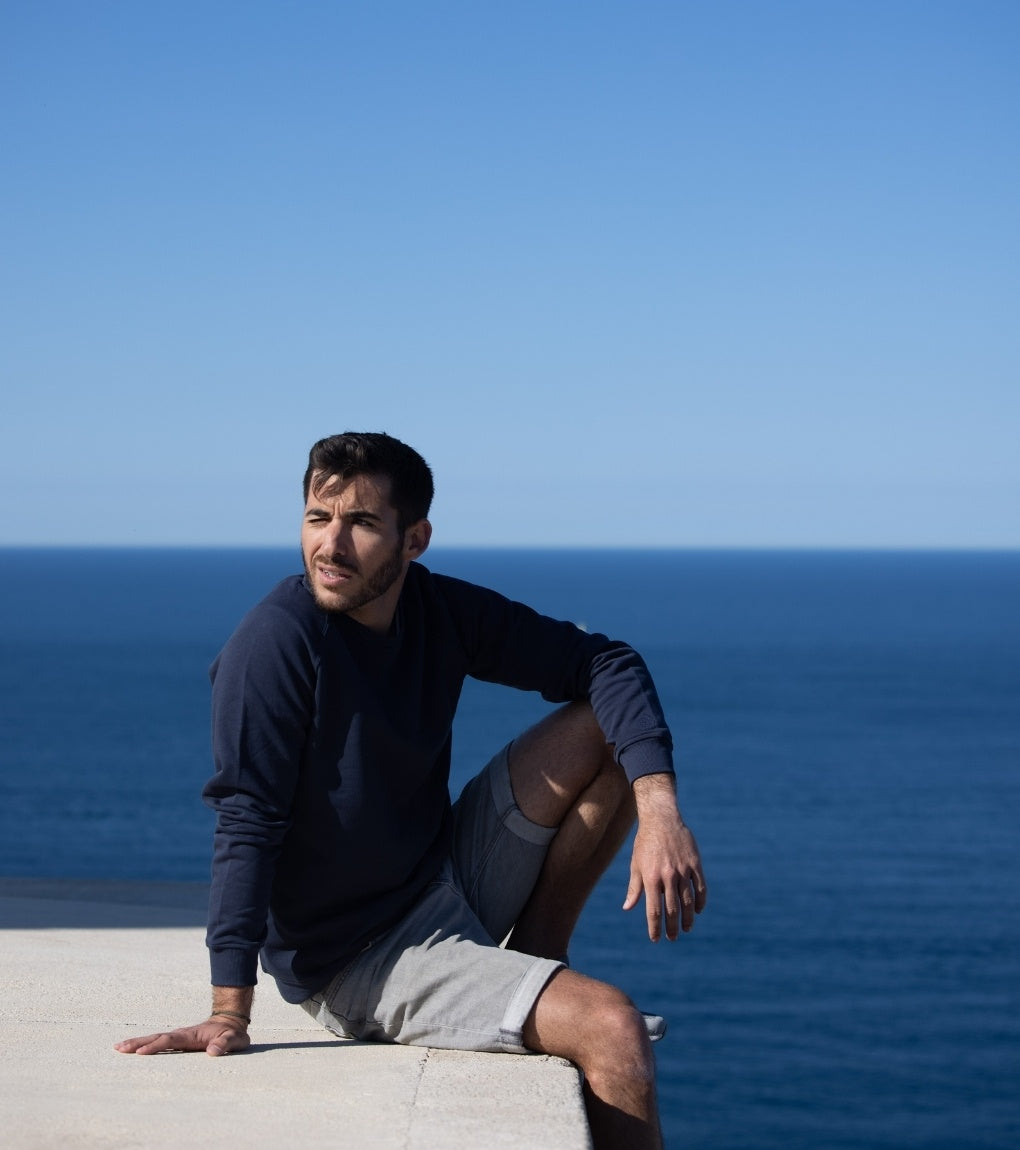Recif
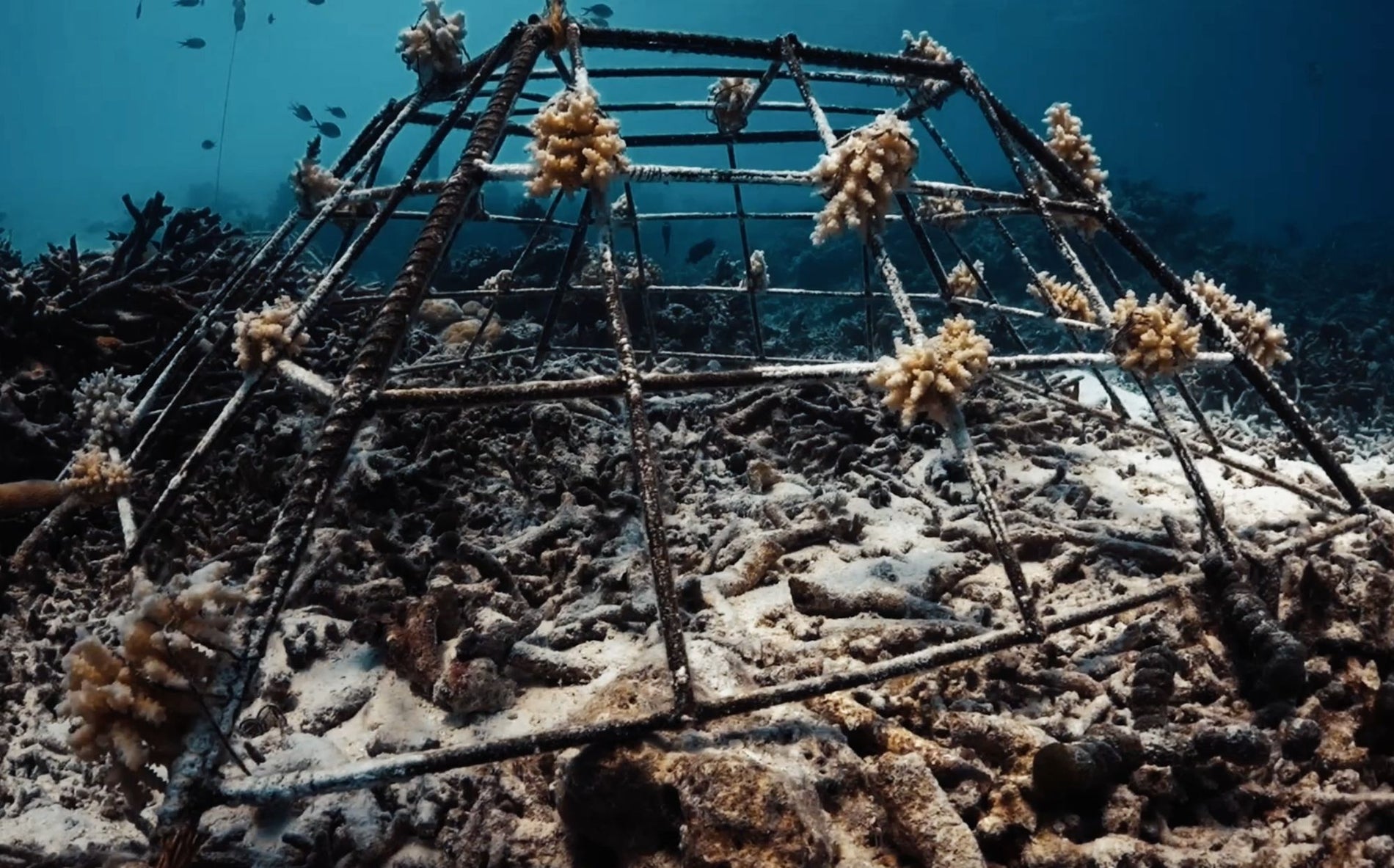
History and Philosophy
Reef. was born to preserve our ecosystems, with the main mission of protecting and restoring corals. In some places, nature is struggling to recover from itself. Our environment is suffering from climate change, pollution and the direct impact of our behaviors. 30% of the world's species depend directly on coral reefs, yet this ecosystem is dying out at an impressive speed. The key figures: – 50% corals have already disappeared – 90% are threatened by 2030PROTECT NATURE, RECYCLE AND MANUFACTURE LOCALLYToday, Recif. helps to clean up plastic waste and waste from the textile industry, but also to rewild Nature and our Oceans. Each purchase allows you to plant a coral, and clean 2 to 4kg of waste. To find out more about the coral restoration program, click here: https://recifclothing.com/pages/notre-histoire-v2Tous the items are made from recycled fabrics and made locally, in France and Portugal, either from marine plastic fished in the Mediterranean and the Atlantic Ocean, or from recycled and organic cotton.
Who is behind the brand
While I had been living in Geneva for 6 years, I decided to return to Indonesia for a diving trip of about a month. I went there for the first time with my parents and I was amazed, the seabed was magnificent. When I returned there 10 years later with my partner, there was almost nothing left.
Honestly, it’s something that stands out! Not even 10 years apart I saw the corals disappear before my eyes.
So I gave myself a mission, if Recif. was born, it is to prevent the disappearance of corals.
I am focusing on this goal today because corals are like the tropical forests of the Ocean. They are essential for marine balance, but not only that! They also play an important role for life on Earth. Corals are essential for the carbon in our atmosphere and therefore the air we breathe every day. They are also essential for more than 30% of the world's species and many local communities.
However, we have already lost 50% of corals and by 2030, it will be 90% if we do nothing!
This is where we come in, some NGOs are already working on the ground to restore corals. But they need more funds. With Recif. what I want to do is help these NGOs by providing them with stable financial aid. At Recif we want to position ourselves between you and actions on the ground by offering you a responsible purchase that directly finances the restoration of corals.
And to make this link with the economic world, I have developed 4 recycled products, so that each of you can participate according to your budget, identify with this mission and get involved with us!
Reef. it's more than a name or a brand, it's a positive movement for us and for Nature!
It is a different brand, which prioritizes its social and environmental mission. And I hope a lot of people will see it, and we'll join in! In any case I thought the Clother community could support us!
Ecological and social commitment
It's simple, we have nothing to hide!
The project allows reduced use of our environment's resources: very little water thanks to recycling, limited impact thanks to local production, as well as local and sustainable quality over time.
All our clothing and accessories are mono-material, which means that they are 100% recyclable.
Our great French workshop takes care of making Recif T-Shirts and Sweatshirts. From receiving the materials, cutting, manufacturing, finishing, everything is entirely carried out in Riorges, in Auvergne-Rhône-Alpes!
With more than 50 years of experience in the field, this adapted company also promotes professional development and personalized support for people with disabilities.
And for the embroidery? 15km by car will be enough to meet Evelyne and her team who take care of our pretty Recif logos.
The Backpacks and Swim Shorts are made by hand in our 2 workshops near Porto, located 50 km from our manufacturer of upcycled marine plastic fabrics.
Our bags are handmade by Eduardo, outdoor specialist. And our swim shorts by Irene who has always been working in swimwear.
We thus ensure quality, durability and proximity. Recycling is good, but with common sense it's better! Our items are not made on the other side of the world.
See more
Filters
Filters
